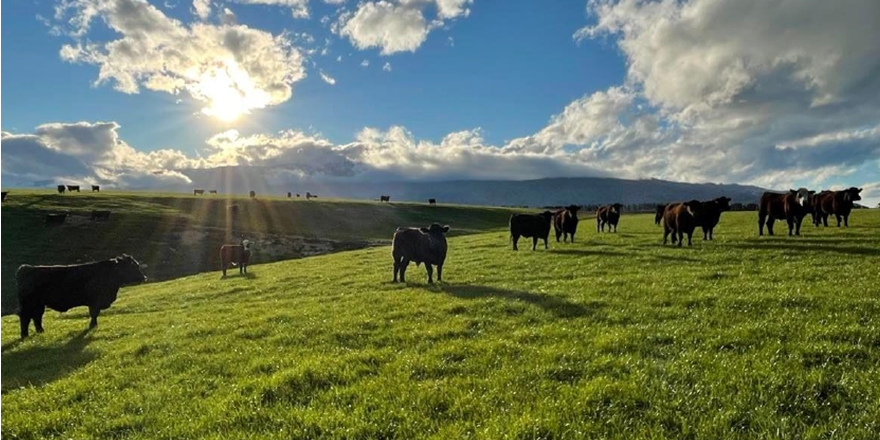
Executive Summary
With the New Zealand economy dependent on primary industries and export, New Zealanders concerned about the state of our natural environment, the ever-increasing focus on climate change, global consumers’ changing expectations and disruptive technologies challenging our existing systems and processes; significant questions for the primary industries rise.
Are our land-based farm systems fit for purpose and do our practices have a sustainable future? How can we create economic value without destroying what we value environmentally?
The primary industries are under a lot of pressure to address managing the environment and the recently proposed Fresh water package raises the discussion on how our farmers can adapt their systems to do so. So how are we, as an industry, supporting them?
The aim of this project was to investigate what support the red meat industry offers its farmers while they are working towards achieving environmental sustainability for their farm businesses.
The method used to complete this project was a combination of literature review, data collection and qualitative research. Thematic analysis was used to bring the collected data together. It provided a framework and identified 3 main themes:
- CULTURe
The why: industry leadership and why would farmers change what they are doing?
- CLARITY
The what: what do the farmers need to do and what is in it for them?
- CAPABILITY
The how: now the farmers knows what they need to do, how can they do it?
The main outcomes from the investigation are as follows:
- To achieve environmental sustainability, we also need to maintain social and economic sustainability
- Change of behavior is required
- Farmers have different drivers than rural professionals
- There is a lack of leadership and collaboration
- There is a disconnect between policy makers and the service industry, mainly coming from a lack of farm systems knowledge
- The biggest challenge goes to regulation and capability of the sector
The biggest opportunity in achieving environmental sustainability lies in the how part but support for the farmer is often the most limiting step. Hence building farmers’ and rural professionals’ capability and therefore their confidence is key.
Key recommendations as a result from this project are as follows:
- Strive for clear regulation
- Set SMART goals
- Design a framework for pathways to environmental sustainability
- Communicate actionable knowledge
- Create engagement, commitment and collaboration in stakeholders
- Follow up on completion and success
- Ensure repeatability for each step of the process
Leadership that supports collaboration between farmers, scientists, industry professionals and organisations is going to be critical. The sector needs to have a structured approach, with systems and processes in place.
Download and read the full report here




